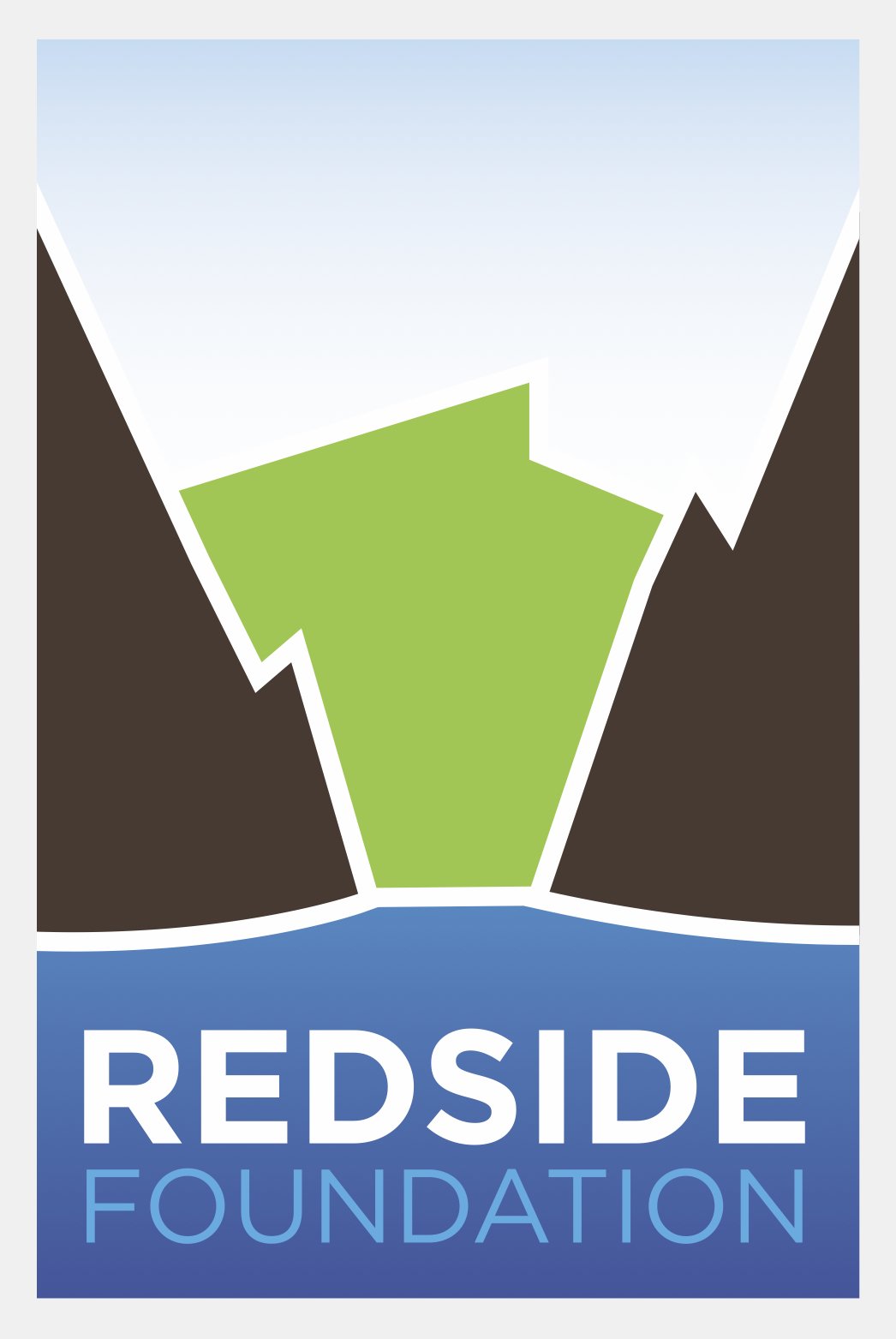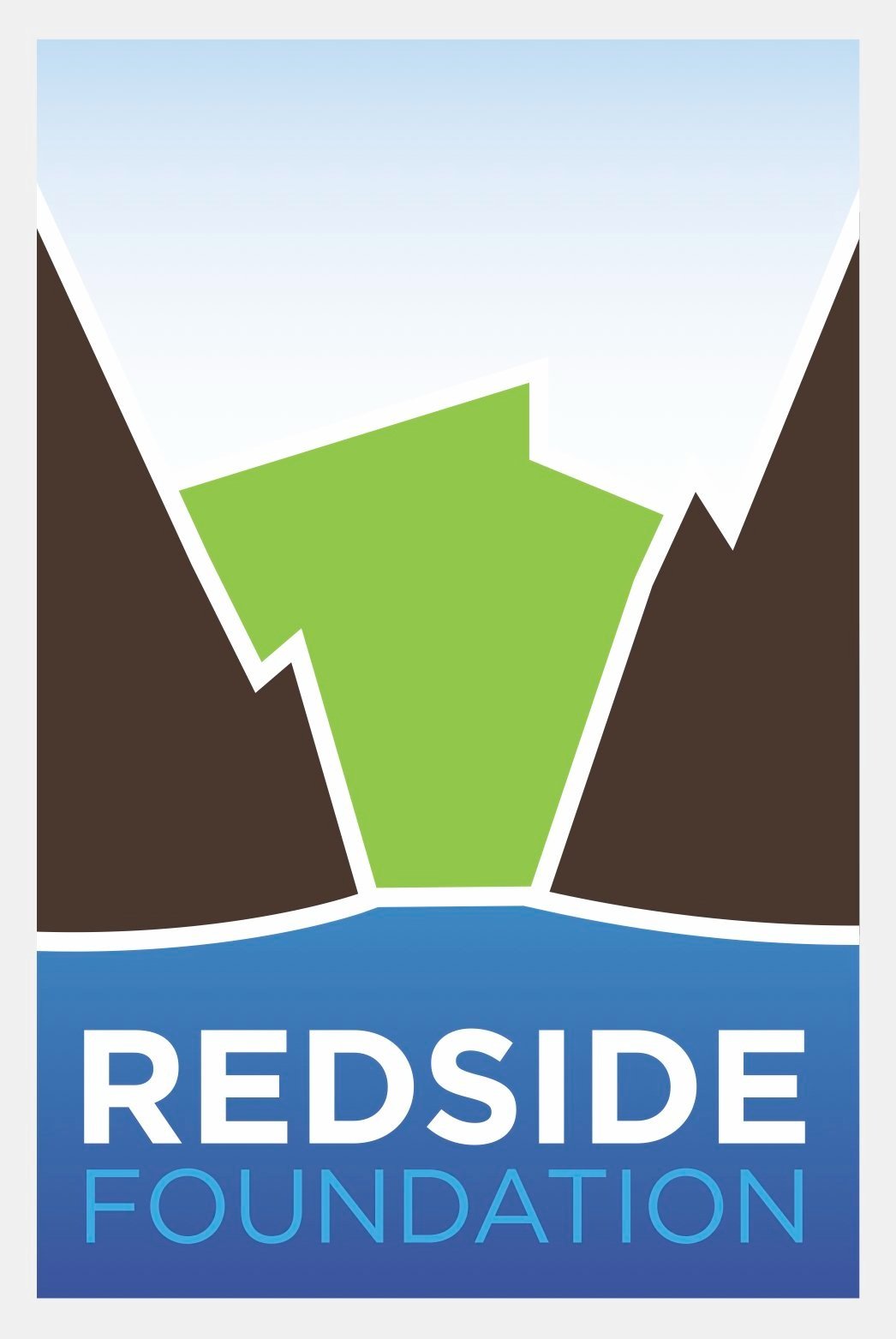Guiding with Grief
By Tess McEnroe*NOTE - This essay is meant to reflect my personal experience with grief, so far. By no means is this meant to be a preachy prescription, nor to garner sympathy, but instead to continue to normalize the conversation of death and loss, and to talk about mental health issues more openly. Losing a loved one sucks. Period.
So buckle up, and thank you for reading.
____
I held my father in my arms as he passed onto another world on the night of June 3, 2020.
We were born connected, on the same day, in the same constellation, sharing our birthday close to the winter solstice, near the darkest day of the year. We celebrated his life on the summer solstice, in his garden, on the brightest day of the year. I don’t know what that coincidence means, but I know he would have liked it.
My Dad lived with a beautiful curiosity for the world and his bright green eyes twinkled as he lit up any room. He put me in the water before I could crawl, took me on my first river trip on the Main Salmon at age 9, and suggested guide school at 18. He taught me more than I can articulate here, and even though as an investigative reporter he hated cliches, he instilled in me “to be relentless and find a way. Follow your heart. Be the voice for the vulnerable. Stay humble, and never give up.”
“I don’t want to die, but I’m not afraid to die,” he told me in his final weeks. We left nothing left unsaid, and that is the biggest gift we could give each other when life dealt us the worst hand. My father never complained, and he fought a horrible disease with grit and grace until the end. I felt robbed, screwed, that so much of life was taken from us. It was never supposed to be like this. It never is. It’s not right.
And now, when we are left here, without our people, how do we go on? When we don’t know what else to do to be okay, do we gravitate towards something we deeply love or to a place that brings us comfort? To try and ground, hold on to anything when the world feels like it is slipping out of our hands. What do we reach for in these moments?
I know well enough by now that I reach for the river. I want to run and hide under a rock literally and figuratively. To let the chaotic currents and turbulence stir my sadness and the deep, dark pools in an eddy allow my heart to be heavy. To change shape with a confluence, to rest my head on nonjudgmental sand. To surround myself with a community where I feel a sense of belonging, a piece of the misfits’ puzzle.
I’m here writing to offer love to anyone out there who may need it and to remind us that it’s okay to talk about death and mental health struggles. Grief kicks you in the ribs out of nowhere, it can cripple you with anxiety. It is nonlinear, and it is incredibly personal. If you’ve experienced a loss of any kind – you may hear “you’re not alone,” but actually we often are just that – sometimes we are completely alone.
Alone in our boat. Alone in our truck. Alone on a mountain. Alone while sleeping next to the person you love. Alone with a bottle. Alone with our grief, and alone in our hearts.
But, there is always a choice to be made, that usually is only up to us to make. The choice to keep going. We must make that choice, not only for ourselves, and the days to come, but for our people whom we have lost. Throw the throw bag. Or grab it if you need it. I am now in therapy regularly and owe part of that to the Redside Foundation. Do not be ashamed to get the help you need.
I’ve been told I am a strong, stubborn, independent woman. My shoulders are not slight. Yet, sometimes the voice inside my head tells me otherwise. And in all of your literal unimaginable horror 2020, and the suffering in the world, you have shown me that indeed deep inside of me, I am humble, tenacious, and tough.
My grief has taught me that my vulnerability means I am truly strong. I believe that being vulnerable generates a different kind of courage that no adrenaline rush or adventure scenario can give us. Riding the waves of grief is harder than any whitewater, or summit bid on the planet. This kind of courage is different. To ask for help, to let go of shame, guilt, and obligation – this is a leveled up version of courage.
For the past few years, while fighting cancer, I had to learn how to bend in order to break. I had to be malleable like water, and let my edges try to be smoothed. I had to ask for help, to vocalize my terror of losing a parent, to cry in front of strangers at chemo, and to be brave when my Dad needed me to be. I had to be honest with myself. I had to learn how to confront all the dirt that was swept under the rug or hiding under that rock. I had to force myself to be reminded that I do love life – to play and have fun and that it is okay to do that, even during grief, because it is endless.
In the darkest hours, my emotions have scared me. The wave of grief builds, and I take a big breath because I know I am about to get pushed under, go deep, and get recirculated. I go to a place where I am terrified, yet it is a place I know – to be alone, to be helpless. It is here that I search for my father’s energy, for him to be with me. I talk to him sometimes. The tears fall, the breathing becomes irregular, there’s usually a few f-bombs dropped, sometimes even a collapse. But luckily I rise to the surface for air, out of the darkness, and emerge into the light. Grief never completely goes away, but it does come and go. There is a moment when I can get air if I make the choice to swim hard.
And in those moments, sometimes my father shows up. A hummingbird hovering over my shoulder, a golden eagle soaring above my head, a mountain lion crossing the road, a ram staring into my eyes. I see and hear him in my dreams. They shake me awake and draw tears from my eyes, and I long to go back to sleep where I can be with him again. I beg for him to stay with me; I send my love out and he is gone again.
It is in those moments, where it is only me who can choose the light…despite the beings or dreams who offer to help. And it is within these moments, these dark years where I have changed the most. I have grown. I have found a deeper connection to myself, what I value, and the company I keep. (This is basically like opening a gift-wrapped box of dog shit. The worst way to get a present ever, but still a gift).
I am learning to live with the triggers that come out of nowhere or everywhere, depending. Bruce Springsteen on the radio, sushi at the grocery store, Blackadar camp on the Main Salmon, family traditions, gardening, the list goes on. I am pretty good at crying behind my sunglasses and wiping away tears mid-conversation. I have also learned how to bury it, shove it away, and make reckless decisions to numb the pain. I’m working on that one.
Yet, it is in the hardest journey of my life so far that I have learned perhaps the most powerful lesson.
Vulnerability builds strength. Strength builds resilience. Resilience builds compassion. And compassion builds love.
So, if we can be vulnerable, we can love.
We can be okay. We can try to heal. We can be reminded and witness that life is so insanely beautiful despite the rugged heartbreak of loss or hardship. We can reach for the important places and people in our lives who we cherish. We can keep our people alive in our hearts by the way we choose to live. And we can acknowledge that grief and trauma are perhaps the most personal journeys we mortals face. So, therefore, in this short time we have together we can also be kind to one another.
And I encourage us all to do that – to trust the good, to live without abandon, and to love wildly. I know that’s what my father would want for me, and that’s what I want for me too.
“Dad – you are my wise counsel, the bravest warrior I will ever know, and my hero.
I promise I will continue to follow my heart and make you proud.
I promise you I will take care of our family.
I promise I will find you downstream.
I will see you in the water, I will feel you in the sunshine, and I will hear you in the birds’ song. And although with the heaviest heart I say farewell – I promise I will honor you and love you, forever and a million years.”

